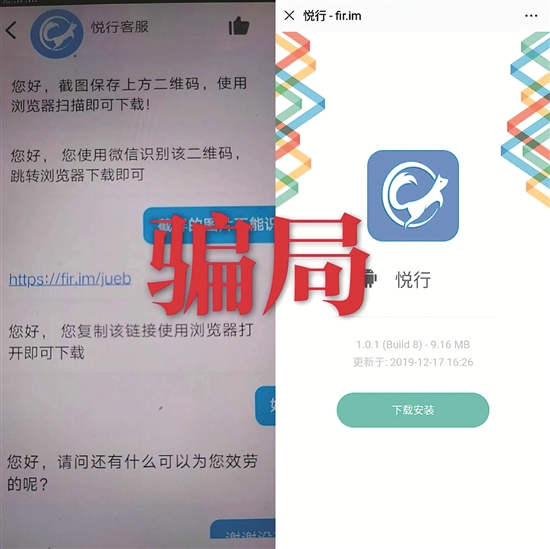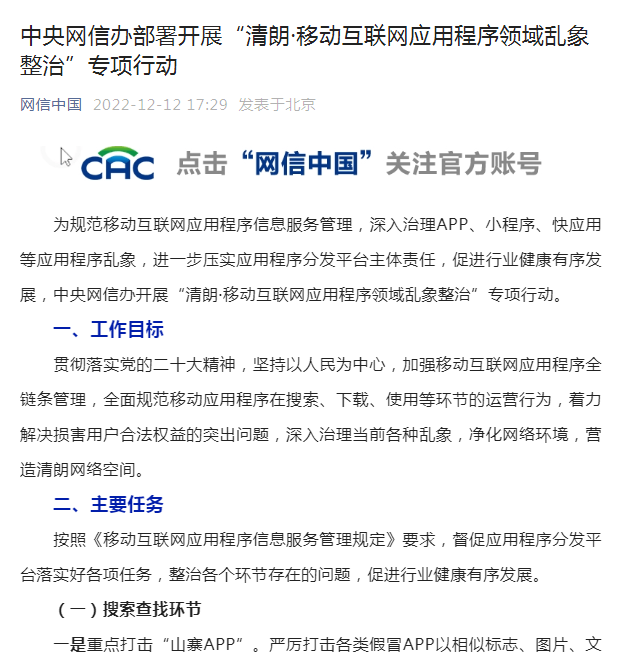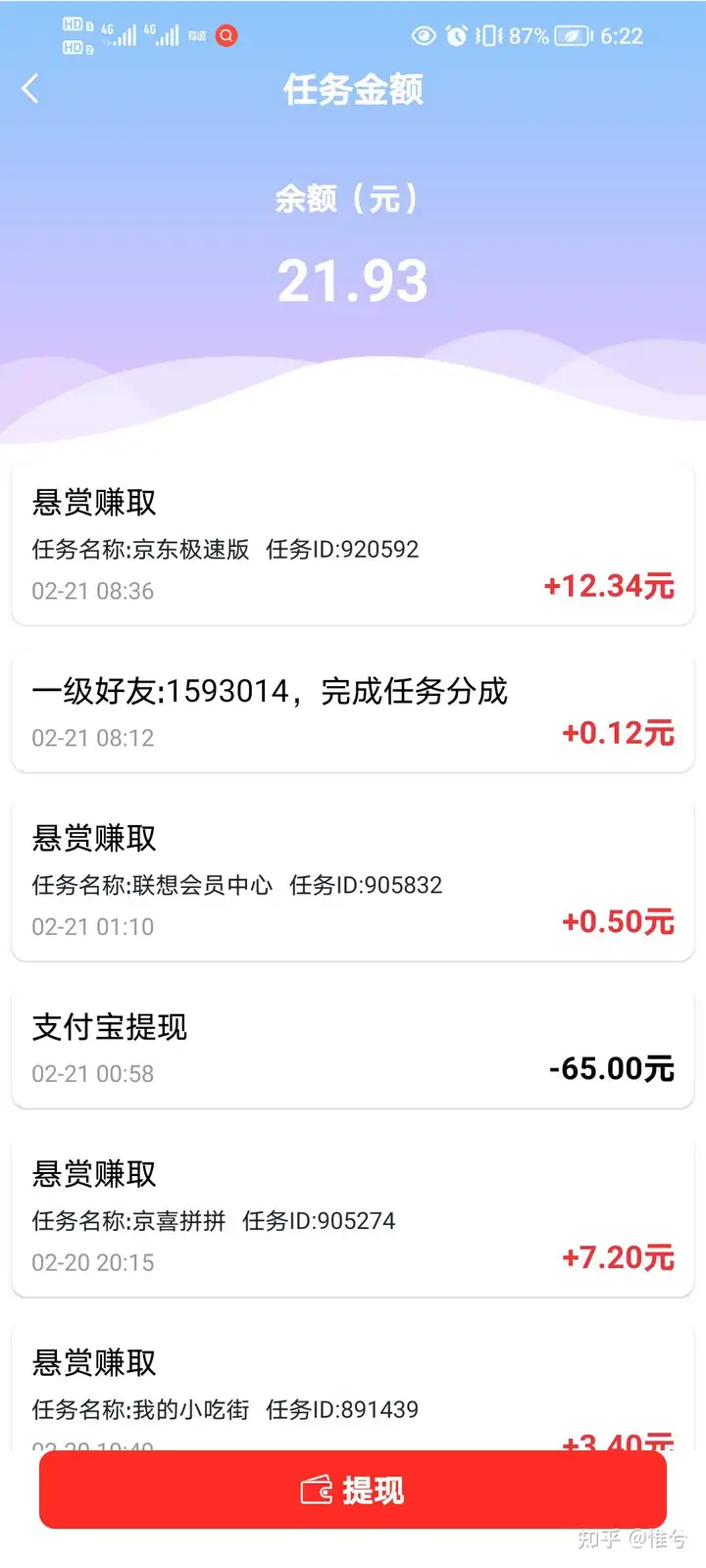英语老师常写的“e.g.”和“i.e.”是啥的缩写?该怎么读呢?
原标题:英语老师常写的“e.g.”和“i.e.”是啥的缩写?该怎么读呢?
小编从上学开始记笔记就有一个习惯,用“e.g.”来表示“比如,例如”。因为上学时,英语老师写板书就会这么写。但是对于“e.g.”到底是什么,其实一知半解。
除了“e.g.”,我们在平时的英语阅读和写作中可能还会遇到“i.e.”“etc.”或者“viz.”,它们都是啥意思呢?今天我们就来一起了解一下。
e.g. 例如;比如
“e.g.”是“exempli gratia”的缩写,它来自拉丁文,可以直接按字母读作e.g.,也可读作“for example”。
Many people chose works by Impressionist painters, e.g. Monet or Renoir.
许多人选择了印象派画家的作品,如莫奈或雷诺阿。
You often write a slash between alternatives, e.g. "and/or".
你经常在备选项之间使用斜杠,比如“和/或”。

i.e. 也就是,即
“i.e.”是近一步解释前面提到的信息,使某事的意思更清楚,可以直接读字母或者读“in other words”。
The hotel is closed during low season, i.e. from October to March.
这家旅馆在淡季,即从10月到3月,关门停业。
The price must be more realistic, i.e. lower.
价格必须更切合实际些,也就是说要更低些。
有人可能搞不清“e.g.”和“i.e.”的区别,但其实两个意思区别还蛮大的。
You should eat more food that contains a lot of fibre, e.g. fruit, vegetables, and bread.
你应当多吃些富含纤维的食物,例如水果、蔬菜和面包。
上面这个例句只是列举了一些富含纤维的食物,除此之外可能还有其他富含纤维的食物。如果把“e.g.”换成“i.e.”,意思就完全变了,即只有这几种食物。
You should eat more food that contains a lot of fibre, i.e. fruit, vegetables, and bread.
你应当多吃些富含纤维的食物,即水果、蔬菜和面包。

viz. (尤用于书面语)即,就是
We both shared the same ambition, viz., to make a lot of money and to retire at 40.
我们怀有共同的志向,那就是赚很多钱,然后在40岁时退休。
etc. 以及诸如此类;以及其他;等等
它是拉丁文“et cetera”的缩写,表示“and so on”。
We saw lots of lions, tigers, elephants, etc.
我们看到了很多狮子、老虎、大象等动物。
需要注意的是,上面的表达后面都有“.”,这个是不能省略的哦。

除了上面说的“e.g.”,我们常用的举例还有“example”和“instance”等。
for instance = for example 例如
In the electronics industry, for instance, 5,000 jobs are being lost.
例如,电子行业就会失去5000份工作。
in the first instance 首先
Enquiries about the post should be addressed in the first instance to the personnel manager.
询问职位事宜应该首先咨询人事经理。
今日总结
e.g. 例如;比如
i.e. 也就是,即
viz. (尤用于书面语)即,就是
etc. 以及诸如此类;以及其他;等等
for instance = for example 例如
in the first instance 首先返回搜狐,查看更多
责任编辑:










